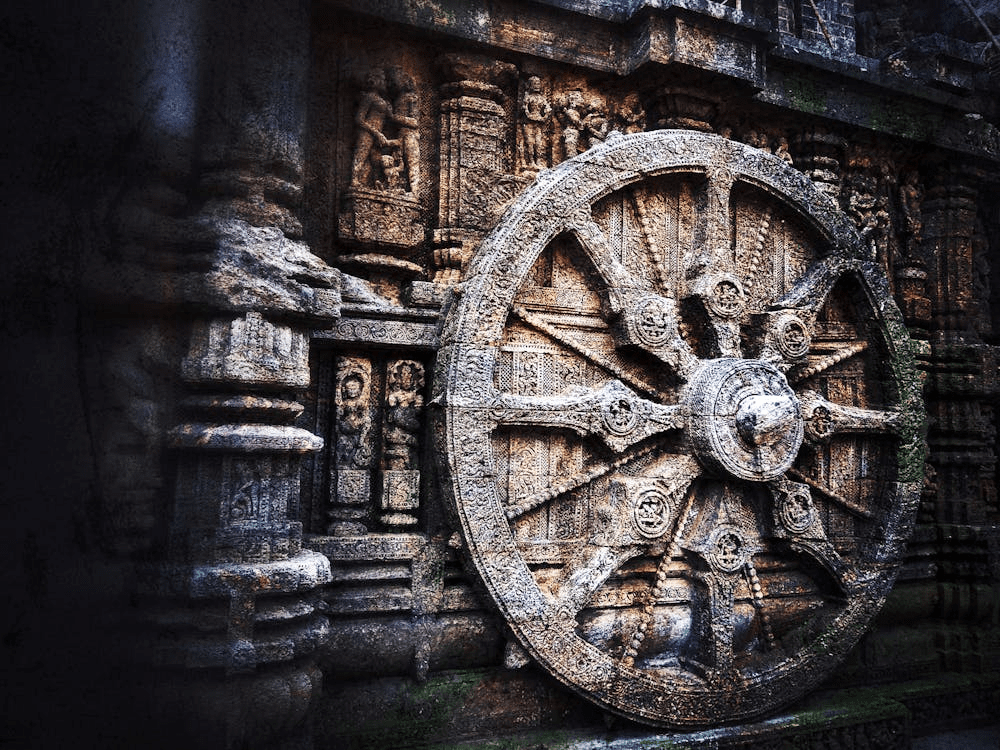Introduction
Scholars, spiritual seekers, and historians have long been attracted by the “5th Veda” notion. While the four primary Vedas—Rigveda, Yajurveda, Samaveda, and Atharvaveda—serve as the foundation for Hindu philosophy and religious practices, the concept of a “5th Veda” goes beyond traditional texts to encompass broad spiritual wisdom ingrained in various ancient scriptures, arts, and cultural expressions. This article explores the 5th Veda’s origins, importance, and present relevance.
What is the 5th Veda?
The term “5th Veda” is not a singular, officially recognised scripture but rather a broader classification given to texts and teachings that carry the wisdom of the original four Vedas. Over time, different texts and traditions have been considered the 5th Veda, including:
- Mahabharata: The epic that contains the Bhagavad Gita, often called the “Bible of Hinduism.”
- Ramayana: The story of Lord Rama, which embodies dharma (righteousness) and devotion.
- Natya Shastra: The ancient Indian treatise on performing arts, regarded as the Veda of dramatic arts.
- Ayurveda: The science of life and holistic healing, rooted in Vedic wisdom.
The Hidden Wisdom Within
The 5th Veda encompasses timeless principles that extend beyond religious doctrines, offering practical guidance for life. Some key teachings include:
-
Dharma (Righteousness & Duty)
The Mahabharata and Ramayana emphasize the importance of fulfilling one’s responsibilities with integrity, whether in personal, professional, or spiritual life.
-
Karma (Cause and Effect)
One of the most profound aspects of the Vedas, karma dictates that every action has consequences. Understanding this principle helps in making mindful choices.
-
Well-being and Ayurveda
Ayurveda, often linked to the 5th Veda, emphasizes balance in body, mind, and spirit. The ancient science offers guidance on diet, lifestyle, and natural remedies for holistic health.
-
Art and Expression (Natya Shastra)
Bharata Muni’s Natya Shastra describes drama, music, and dance as forms of divine expression, integrating emotions and storytelling to uplift and educate society.
Modern Relevance of the 5th Veda
Spiritual Awakening
Many people today seek deeper meaning and purpose in life. The 5th Veda provides spiritual insights that help individuals cultivate inner peace and wisdom.
Holistic Health & Wellness
The teachings of Ayurveda and yogic philosophy are now widely embraced in the West, proving that ancient Vedic wisdom holds value in modern healthcare.
Personal Growth & Ethics
The lessons of karma, dharma, and devotion from the epics guide individuals toward leading an ethical and fulfilling life.
Summary
Although not a single record, the 5th Veda reflects a huge ocean of learning that has inspired centuries. We may unearth ancient truths that are still very relevant now by incorporating its lessons into our daily lives. Whether via narrative, philosophy, art, or medicine, the essence of the 5th Veda acts as a guiding light on the way to enlightenment and overall well-being.

